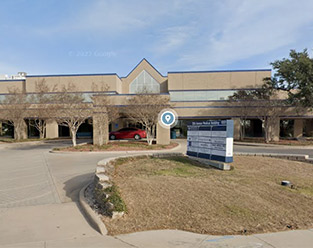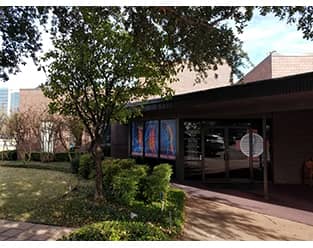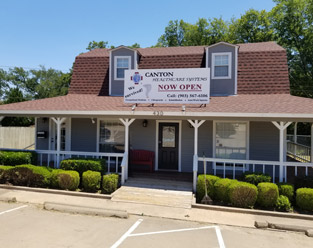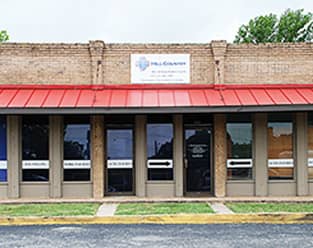Recognizing When You’ve Suffered a Concussion | Getting the Treatment You Need
 When you’ve suffered any type of trauma to your head, neck, or shoulders, there’s always the possibility that you’ve sustained a concussion. Even though a concussion is considered a mild traumatic brain injury (TBI), it has the potential to bring about serious health consequences.
When you’ve suffered any type of trauma to your head, neck, or shoulders, there’s always the possibility that you’ve sustained a concussion. Even though a concussion is considered a mild traumatic brain injury (TBI), it has the potential to bring about serious health consequences.
Contrary to popular belief, you don’t need to have any type of impact between your head and a foreign object to suffer a concussion. A violent snapping of your head, such as you would experience in a whiplash-type injury, can cause your brain to careen off the inside of your skull, potentially leading to a concussion.
Recognizing the early warning signs of a concussion and getting treatment at the earliest possible stage can make a dramatic difference in your recovery. What are the initial signs that you may have a concussion? What symptoms are commonly associated with a concussion? What are the prospects for recovery from a concussion?
What Are the Initial Signs that You May Have a Concussion?
One of the first signs that you may have a concussion is a persistent headache. You should expect some head pain after any type of bump or blow to your skull or neck, but if it lasts more than an hour or so, it’s likely you’ve suffered a TBI. If your TBI is deemed to be mild, it will be diagnosed as a concussion.
Other common symptoms of a concussion include:
- Nausea or vomiting that won’t go away—As with a headache, some nausea and vomiting can be expected with any type of head trauma. If it lasts more than a couple hours, it’s a good indication of a concussion.
- Dizziness, loss of balance, or vertigo—Again, with trauma to your head, some dizziness may be expected. If it continues for any length of time, it’s probably a concussion.
- Unusual sensitivity to sound, light, smell, or taste—If your senses seem abnormally heightened, that’s often a telltale sign of a concussion.
- Changes in your sleep patterns—This may manifest as either insomnia or excessive fatigue.
- Amnesia or memory problems, either short-term or long-term
- Difficulty communicating, either verbalizing your thoughts or understanding the conversations of others
- Emotional swings, uncharacteristic depression, irritability, or anxiety
What Kind of Recovery Can You Expect After a Concussion?
If what you’ve suffered is truly a concussion, and not a more serious TBI, you should expect to recover most of your functionality within 10-14 days. In some instances, though, symptoms may persist for up to three months. If they go beyond that time period, it’s likely that you’ve suffered a more serious TBI.
Contact Us To Schedule an Appointment With an Experienced Concussion Doctor
At Advantage Healthcare Systems, we have extensive experience working successfully with anyone who has suffered a bump or blow to the head. We have the experience, skills, and tools to accurately and quickly determine the extent of your injury. We will either prescribe and monitor your care or refer you to a specialist, such as a physiatrist or neurologist, if necessary. Call us toll-free at 1-877-487-8289 or fill out the form provided below to schedule an assessment. We offer locations across Texas, including Fort Worth, Dallas, and San Antonio.





